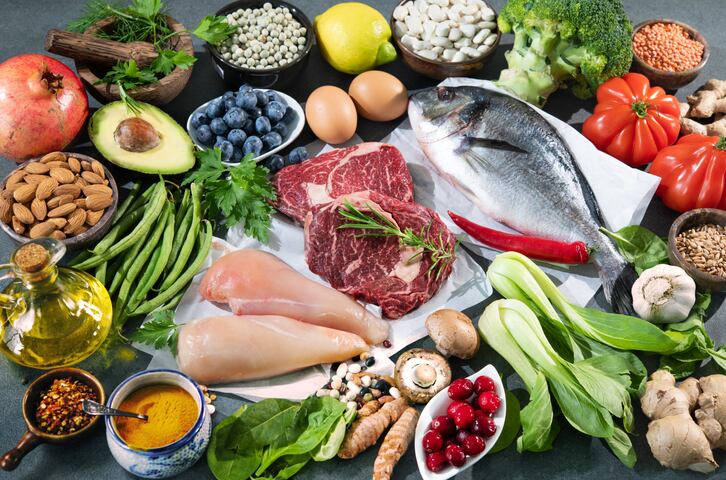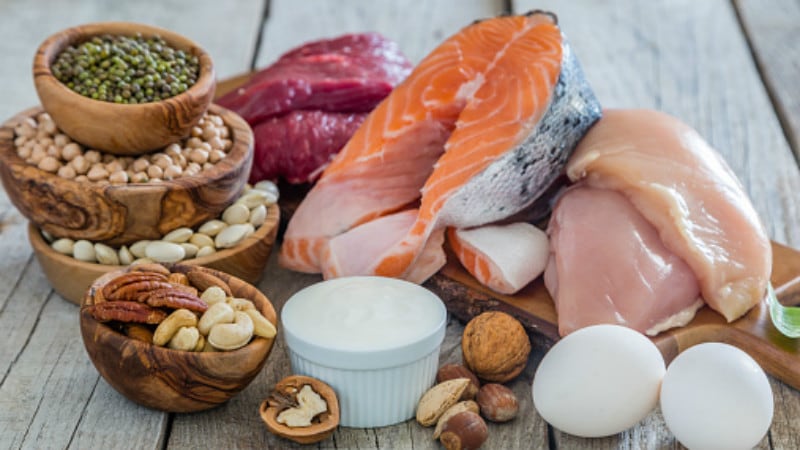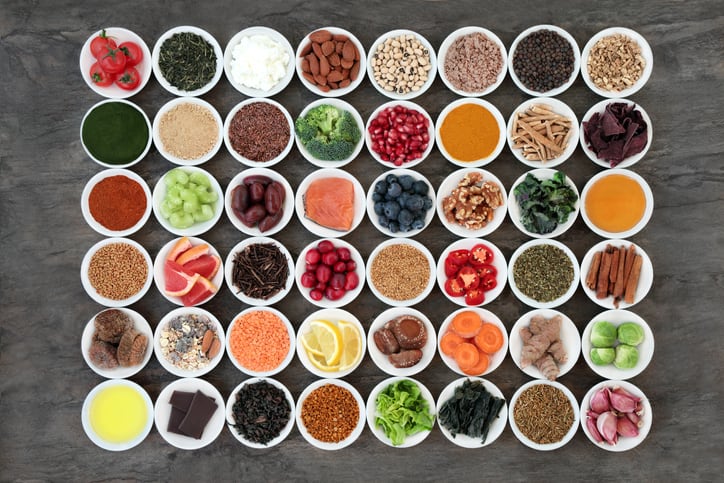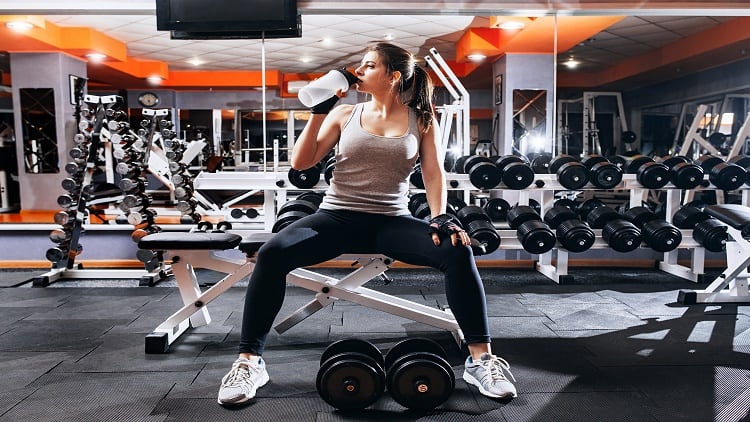The company observed that proteins had different absorption patterns depending on their types, hence they conducted a study to find out whether consuming multiple proteins could help the efficient absorption of branched-chain amino acid (BCAA), which are said to contribute to muscle synthesis.
It carried out a study on two groups of mice. Group 1 was given food containing both vegetable protein (soybean) and animal protein (milk). Group 2 was only given food containing animal protein (milk).
The study was conducted over 17 days and mice were fed the test foods once a day.
Blood BCAA levels (valine, leucine, and isoleucine) were measured at 0, 45, 90, 135, and 180 minutes. Data on muscle weight were also collected.
It was found that the best absorption of proteins were observed in group 1 where the vegetable and animal protein were taken simultaneously, with blood BCAA levels of around 700mmol/L at 180 mins, compared to group 2 with around 500mmol/L at the same period.
The results also showed that simultaneous intake of vegetable protein and animal protein helped to increase muscle weight for gastrocnemius at 1.59g compared to just animal protein intake (1.51g).
Soleus muscle weight also increased 0.087g in group 1 compared to 0.08g in group 2.
According to the company, vegetable protein and animal protein have different characteristics.
“Vegetable protein is said to be more fat-burning than animal protein. (While) animal protein have higher levels of leucine which switches on muscle synthesis and is essential for muscle building,” it said.
The company said this study showed that proteins were more efficiently absorbed into the body through the simultaneous intake of vegetable and animal proteins than the intake of only one type of protein and may also promote muscle synthesis and prevent atrophy (loss).
It is currently applying for a patent to get the rights for the study.
Japan protein trends
According to Q’Sai, the protein market (including health foods and supplements) in Japan has been growing every year as people become increasingly health-oriented, and more people are willing to take proteins for beauty and he\alth as well as for muscle building.
Referencing Fuji Keizai, the size of protein and amino acid market in Japan is forecasted to reach JPY 52,550 million in 2019, compared to JPY 30,650 million in 2010.
Despite the expanding protein market and increasing number of health-oriented people, Q’Sai shared it had conducted a survey earlier, which revealed that many people were uncertain on the means of taking protein.
The survey observed: “Many women found it “difficult to take proteins” and were not sure how to take them. Many of them said they tried to take proteins but did not know how to take it effectively: "I don't know from which food I should take proteins.", "I don't know what proteins I need."etc.”




